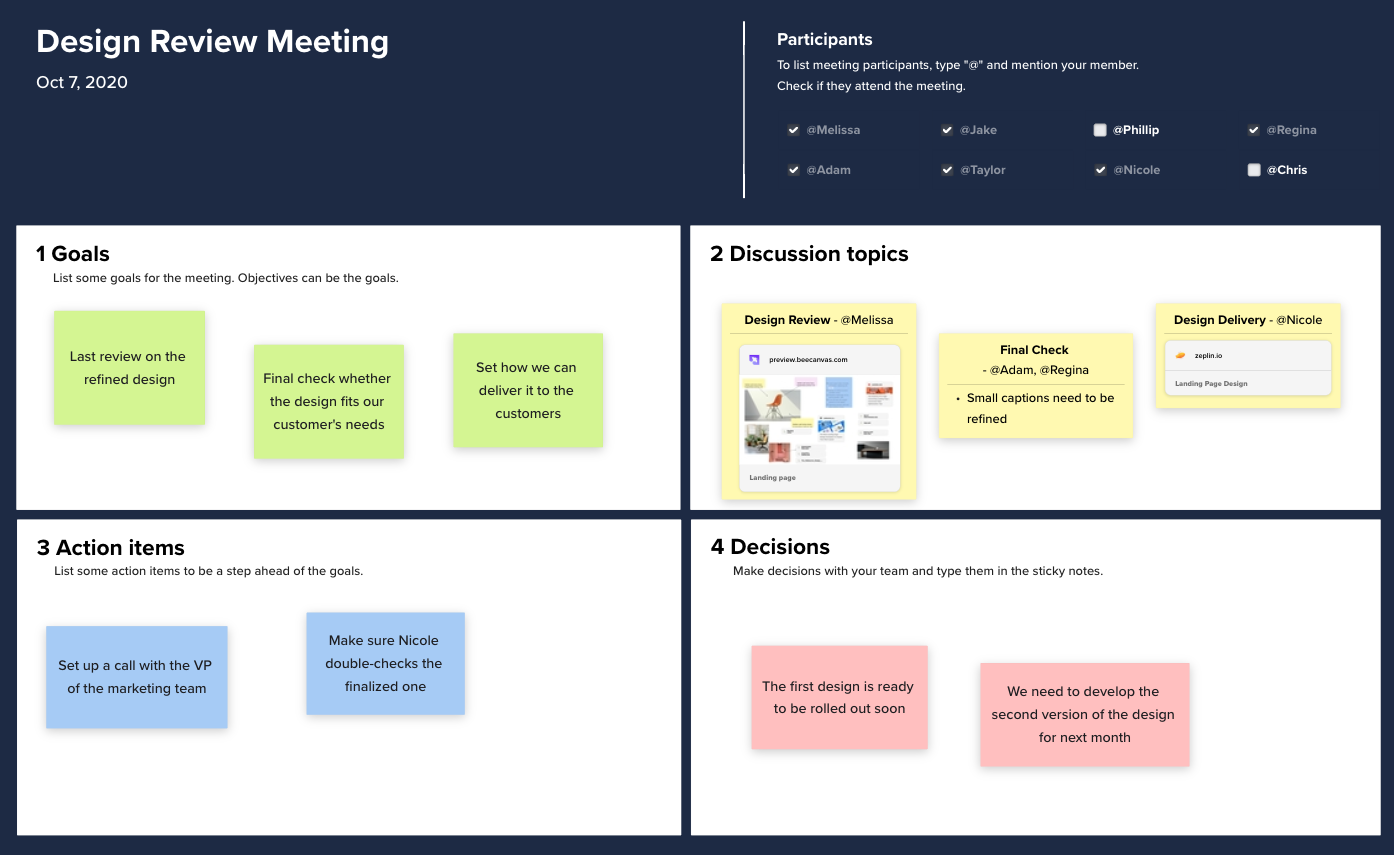How to create visual documentations
Adding visual elements to the documentation is a great way to enrich the context and deliver the message more efficiently, and in this blog, post we'll discuss how you can do that through a few quick tips.

When we talk about documentation tools, we often think of Confluence, Notion, Dropbox Paper, to list a few. However, this traditional way of making documentation is heavily text-based, and we all know that words can't express everything. Adding visual elements to the documentation is a great way to enrich the context and deliver the message more efficiently, and in this blog post, we'll discuss how you can do that through a few quick tips.

What are visual documentations?
Visual documentations are docs made with texts and other graphic elements such as diagrams, charts, sketches, images, etc. With visual elements, you can provide multiple contexts for your docs, which will help the reader understand related pieces of information much quicker.
Have an overview at the beginning
Similar to how we often provide an abstract or summary when writing text-based documentation, we should also create an overview at the beginning of our visual documents before digging into the details. For example, when presenting a process or summary, we can use diagrams and flowcharts like below. This helps the reader understand the overall steps that were taken during the process intuitively.

Create groups and hierarchies
In text-based docs, we often are limited to using sections and bullet points to group related information, and different sizes of headers and bodies to establish hierarchy. We can achieve the same results with visual elements while presenting the information in a much clearer way.
Let's take a simple example - meeting notes. Traditionally, meeting notes are filled with lines of texts, with external links attached when any outside reference is needed. Imagine how we can do this differently with visuals. Below is an example of the notes taken during a meeting. It contains the standard information we have for meeting notes plus some external reference links, but there are no bullet points or long lines of texts. Instead, we use post-it notes grouped into each section and embedded documents and designs to create logical groupings while not boring for the reader.

Insert multi-contexts as references
As mentioned above, words can not express everything. Sketches, images, charts, tables, or related multi-context files can be added as references when creating documentation. Most text-based documentation tools now allow limited visual elements or contexts to be attached in between texts. With a basic visualization tool, we can make the document cleaner, clearer, and even more interactive.


Try out existing visual documentation templates
Don't worry if you are not a visual person or new to creating visual documentation. ALLO provides many useful visual templates for you to kickstart building effective and efficient visual documentations. We are currently building a template gallery which will be released in a couple of weeks, so stay tuned. Say goodbye to tedious documentation, and say hello to beautiful visual docs!




